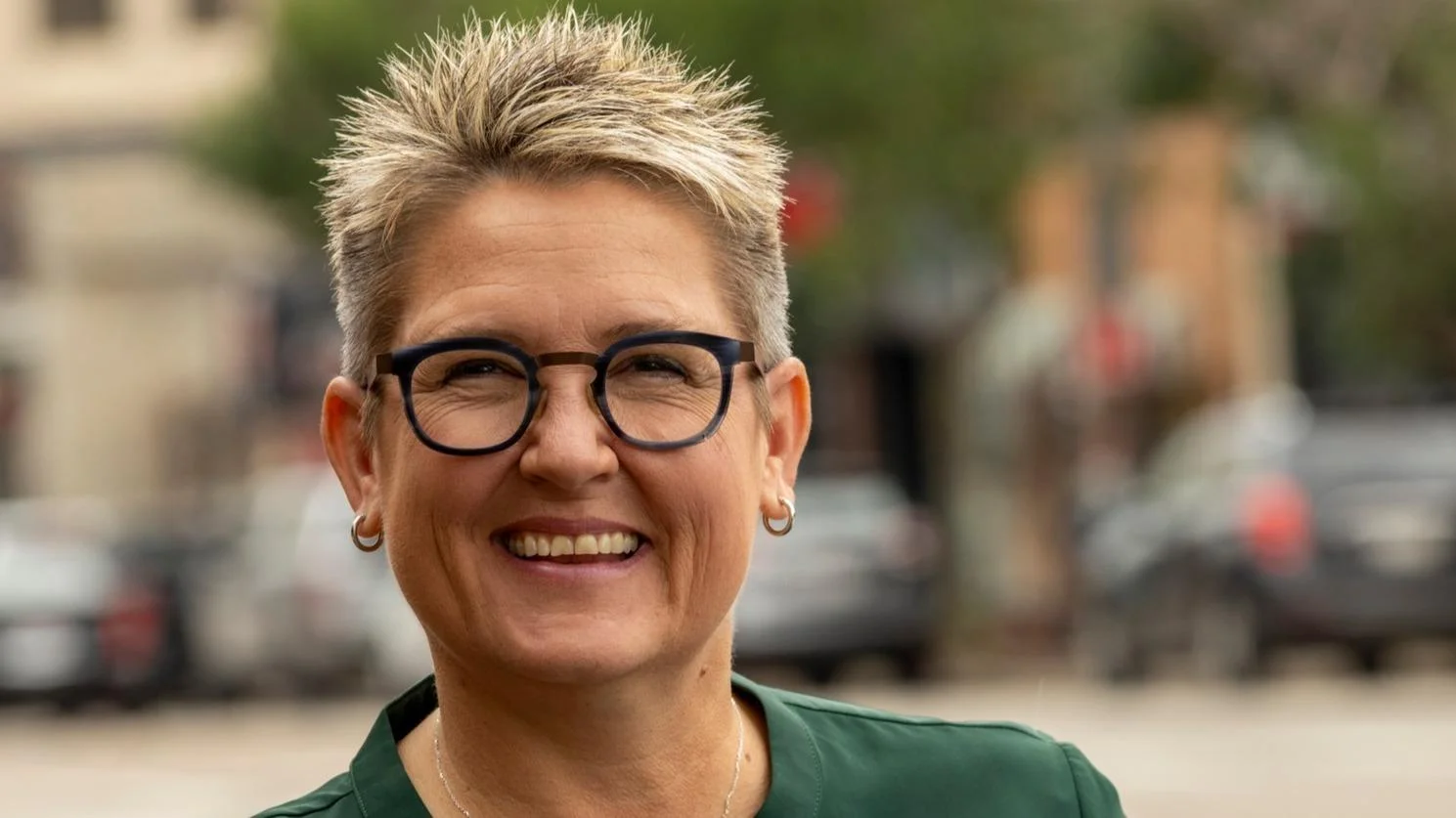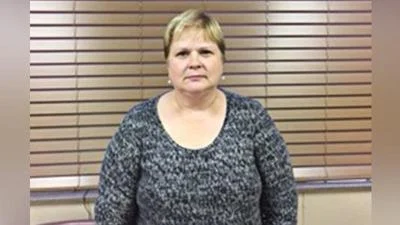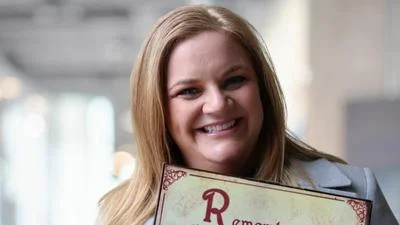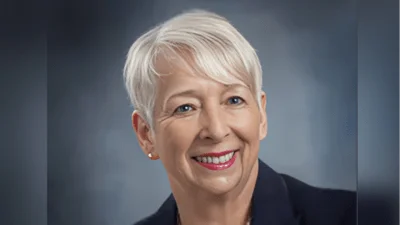Kristin Alfheim, Wisconsin State Senator for 18th District | www.facebook.com
Kristin Alfheim, Wisconsin State Senator for 18th District | www.facebook.com
According to the Wisconsin State Legislature's official website, the bill was described as follows: "certain limitations on claiming the veterans and surviving spouses property tax credit. (FE)".
The following is our breakdown, based on the actual bill text, and may include interpretation to clarify its provisions.
In essence, this bill amends existing legislation to permit individuals to claim both the farmland preservation tax credit and the veterans and surviving spouses property tax credit in the same tax year, a change from the current restriction that allows only one credit per year. Under the current law, the farmland preservation tax credit is available to individuals if their land is engaged in agricultural use and meets certain criteria such as being part of a farmland preservation agreement or zoning district. Meanwhile, eligible veterans or surviving spouses can claim a separate refundable credit equaling the property taxes paid on their primary residence in Wisconsin. The amendments outlined in this bill first apply to taxable years beginning on Jan. 1, 2025.
The bill was co-authored by Representative Christian Phelps (Democrat-93rd District), Senator Dianne H. Hesselbein (Democrat-27th District), Senator Sarah Keyeski (Democrat-14th District), Senator Chris Larson (Democrat-7th District), and Senator Mark Spreitzer (Democrat-15th District). It was co-sponsored by Representative Margaret Arney (Democrat-18th District), Representative Mike Bare (Democrat-80th District), and Representative Elijah R. Behnke (Republican-6th District), along with 15 other co-sponsors.
Kristin Dassler-Alfheim has authored or co-authored another 36 bills since the beginning of the 2025 session, with none of them being enacted.
Alfheim, a Democrat, was elected to the Wisconsin State Senate in 2025 to represent the state's 18th Senate district, replacing previous state senator Dan Feyen.
In Wisconsin, the legislative process starts when a senator, constituent, group, or agency proposes an idea for a bill. After drafting, the bill is introduced, numbered, and referred to a committee for review and public input. If approved, it moves through three readings and votes in both the Senate and Assembly. Once both chambers pass the same version, the bill goes to the governor, who can sign it, veto it, or let it become law without a signature. Only a small share of bills introduced each session ultimately become law. You can learn more about the Wisconsin legislative process here.
| Bill Number | Date Introduced | Short Description |
|---|---|---|
| SB261 | 05/20/2025 | Certain limitations on claiming the veterans and surviving spouses property tax credit. (FE) |
| SB251 | 05/09/2025 | Cost-sharing caps on prescription drugs and medical supplies to treat asthma under health insurance policies and plans. (FE) |
| SB142 | 03/21/2025 | Algorithmic software for residential housing, and providing a penalty |
| SB69 | 02/26/2025 | An income tax subtraction for certain expenses paid by a school teacher. (FE) |






 Alerts Sign-up
Alerts Sign-up